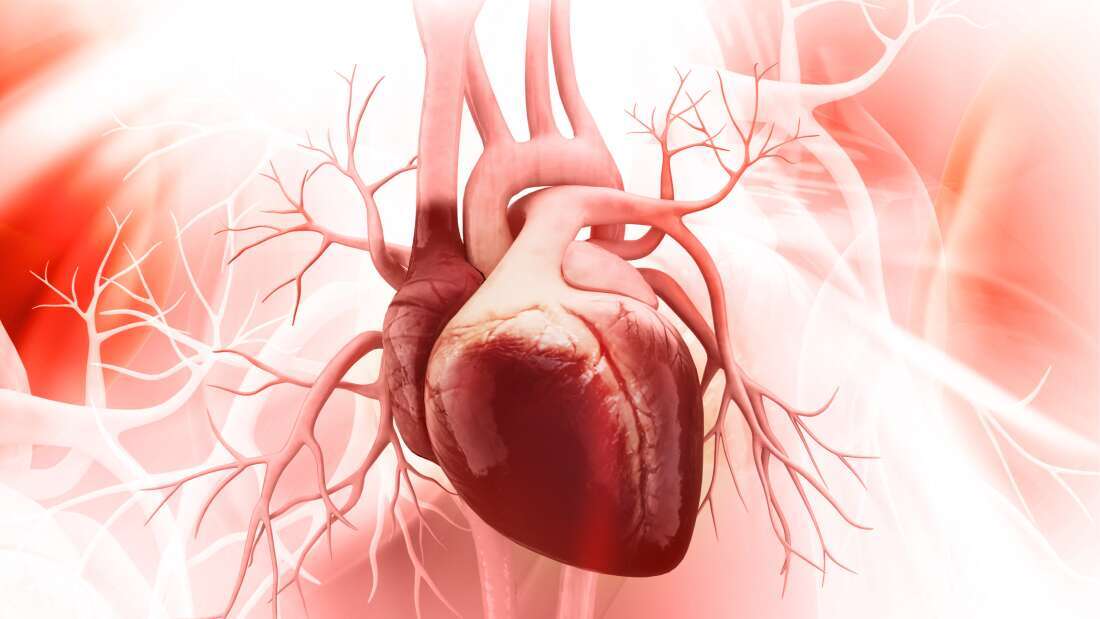Intervention performed in cases where one of the four main valves of the heart functions irregularly. heart valve surgery It is called. The procedure is performed to correct or replace problems such as leaks or narrowing.
During surgery, the damaged valve is repaired or replaced with an artificial one. The operation improves heart functions, allowing blood to be pumped to the body more efficiently. It helps prevent problems such as heart failure.
İçindekiler Tablosu
In Which Situations Is Heart Valve Surgery Performed?
Heart valve stenosis is a condition that prevents blood from passing through the heart as a result of its narrowing or hardening. It usually occurs in valves such as the aorta or mitral and can cause the heart muscle to work harder. Insufficiency is a condition that causes blood to flow backwards in the opposite direction as a result of not closing tightly enough.
It can reduce efficiency and lead to weakening of the heart muscle in the long term. Congenital anomalies occur as a result of structural defects or incorrect development of the valves. Anomalies can interfere with the normal functioning of the heart and may require surgery. If the valves become inflamed as a result of infection, they may need repair.
In case of chronic heart failure, the valves may also become damaged. In this case, repair or replacement surgery may be required. heart valve surgery, It can be performed depending on the condition of the valve, the patient's age and general health condition.
Surgeries can be performed with different techniques such as open heart surgery or minimally invasive. Evaluation by a cardiologist is required to determine in which case it is performed. When it is determined that surgical intervention is required, an appropriate treatment plan is created. And the operation is performed.
Things to Consider After Heart Valve Surgery

Take the medications recommended by your doctor regularly and attend your appointments regularly. Follow-up after surgical intervention is very important. Pay attention to rest. Avoid strenuous physical activity for the recommended period and slowly increase your activity level. It is important to maintain a healthy diet.
Follow the diet recommended by your dietitian and limit salt consumption, as salt can affect heart valve function. Take your medications regularly and do not stop. Also, keep track of side effects and interactions of medications. Follow hygiene rules to reduce the risk of infection after surgery. Keep your wounds clean and dry and care for them as recommended.
Smoking and excessive alcohol consumption can negatively affect your heart health. Try to stay away from harmful substances. It is important to attend regular check-up and follow-up appointments in accordance with your doctor's recommendations. If you experience any changes in your discomfort or symptoms, contact your doctor immediately.
It is important to receive emotional support after the operation. You can get professional support from your family, friends or a psychologist. It is necessary to do light exercise regularly as much as allowed. It can help strengthen and recover your heart. heart valve surgery Things to consider afterwards vary depending on the patient's condition. Therefore, always follow the recommendations and advice.
Heart Valve Surgery Recovery Process

Immediately following surgery, patients are usually admitted to the intensive care unit. Here, heart rhythm and other vital signs are closely monitored. Intensive care duration may vary depending on the patient's general health condition. After the intensive care unit, patients are usually transferred to the ward.
Hospitalization time varies depending on the type of operation and the patient's recovery speed. During this period, patients' heart rhythm, breathing, wound care and medication treatments are closely monitored. The next stage of the recovery process is physical rehabilitation. It helps the patient regain body condition and strength.
Physiotherapists help patients slowly begin physical activity and increase strength. Patients may be prescribed blood thinners and other medications for a period after surgery. Medicines help prevent complications that may occur.
In the post-operative period, patients should attend regular doctor appointments. Doctors monitor the healing process and adjust medications. They can recommend other treatment methods if necessary. The full recovery process may take from several weeks to several months. Patients may need to slowly return to normal daily activities. During the recovery process, it is important to rest, eat healthy, and follow any other instructions the doctor recommends. heart valve surgery The healing process may vary from person to person.


